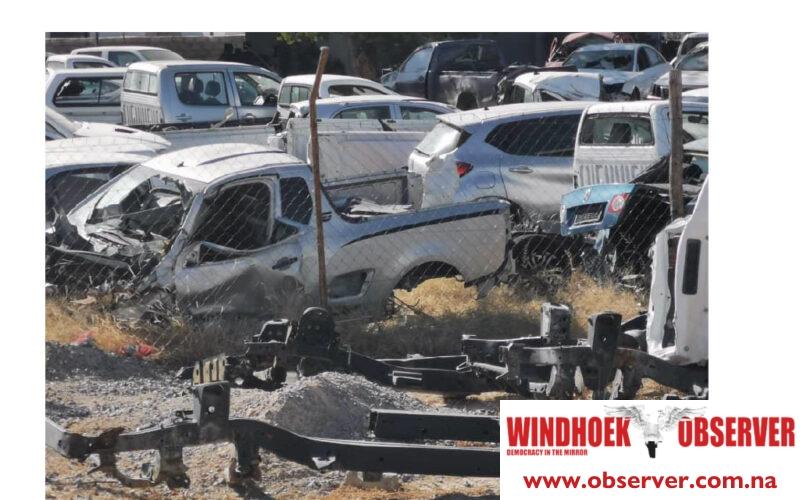Martin Endjala
The Namibian Competition Commission has discovered alleged anti-competitive behaviour in the automotive industry.
This comes after the Commission finalised its investigation into the automotive industry against various Original Equipment Manufacturers (OEMs), referred to as vehicle dealerships and panel beaters which commenced in September 2018, in terms of Section 33 of the Competition Act No. 2 of 2003.
This was disclosed by the Commission’s report released last week.
According to the report, the Commission’s investigation found that restrictive vertical distribution agreements/concerted practices and or territorial restrictions between OEMs and vehicle dealerships exist in the distribution of vehicles in Namibia.
The Commission’s investigation also found restrictive practices by OEMs in the appointment of approved panel beaters and service agents/centres for vehicles on warranty.
It further discovered restrictive practices by OEMs in the appointment of vehicle dealerships and other retailers who can sell OEM-approved vehicle parts.
The report argued that even though the investigation discovered the restrictions, the Commission believes that they are more structural in nature and warrant industry structural redress.
The report said, “The Commission is looking at introducing measures to improve market conditions following the finalization of an investigation into the Automotive industry.”
According to NaCC’s spokesperson, Dina Gowases, vehicle dealers in Namibia have no authority in the appointment or approval of panel beaters to repair vehicles on warranty.
She said such responsibilities lie solely with the OEMs and panel beaters are required to apply for factory approvals directly with the OEMs and not through the OEMs’ respective dealers.
“Once an application is received, representatives of OEMs travel to Namibia to conduct an audit and assessment of the panel beaters concerned and thereafter decide on whether to approve or deny the application,” she said.
Gowases said vehicle dealers are responsible for selling and servicing the brands of vehicles that they sell in Namibia.
She added that dealers are responsible for opening branches and service centres in other parts of Namibia depending on economic viability.
She stated that despite this, OEMs still have the main responsibility of approving more dealers and improving intra-brand competition.
“Stringent approval requirements and lack of transparency regarding the selection criteria for approving dealerships and service providers by OEMs result in detrimental effects in the relevant market as far as competition across various levels of the supply chain and consumers are concerned,” she argued.
Since the issues of concern appear to be structural and need to be addressed at an industry-wide she said level, the commission finds it rather prudent that guidelines be developed to address the identified issues on the state of the competition in the automotive industry.
She revealed that the Commission is looking at establishing guidelines in the automotive Industry in the future in order to improve market conditions. Relevant stakeholders will be consulted once draft guidelines are in place.




